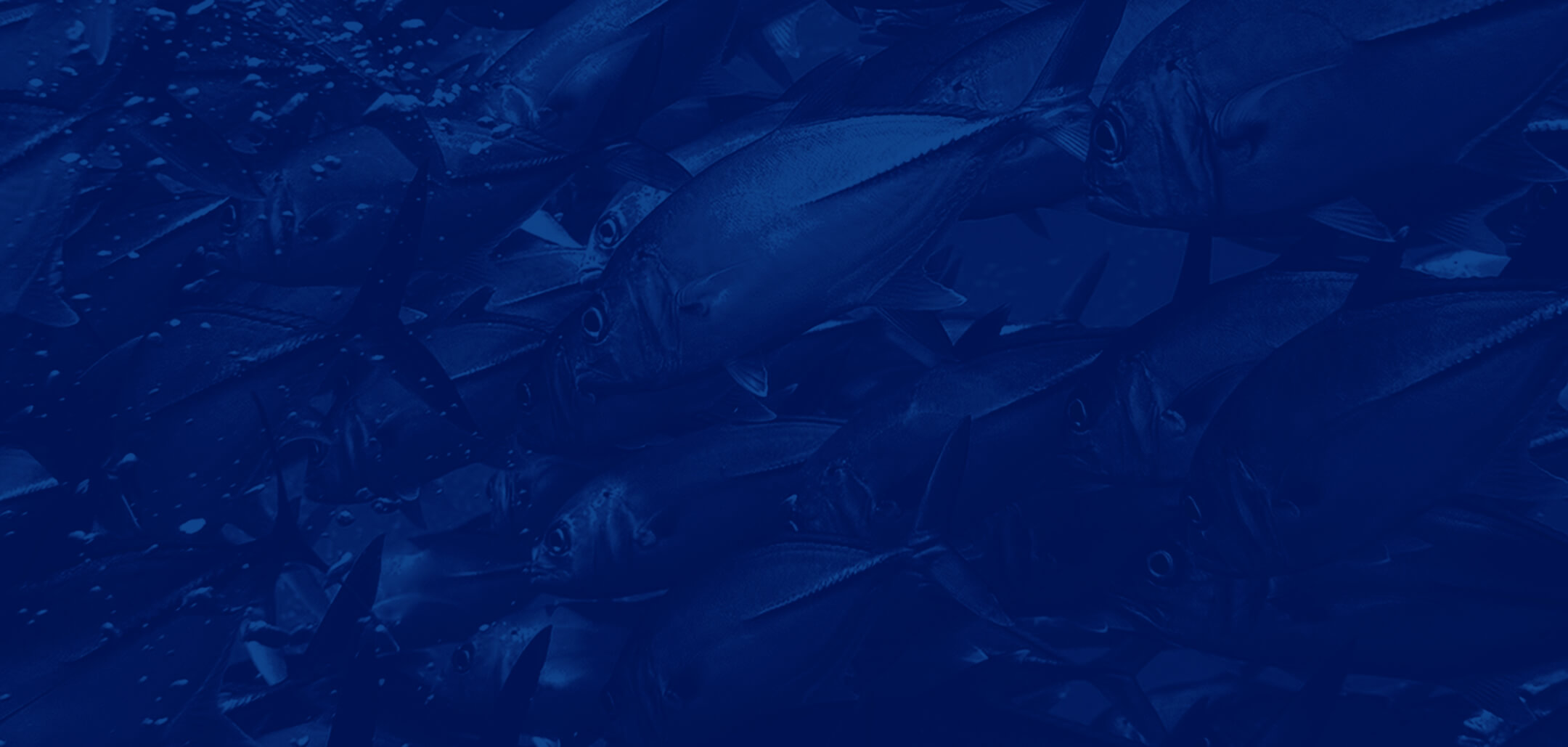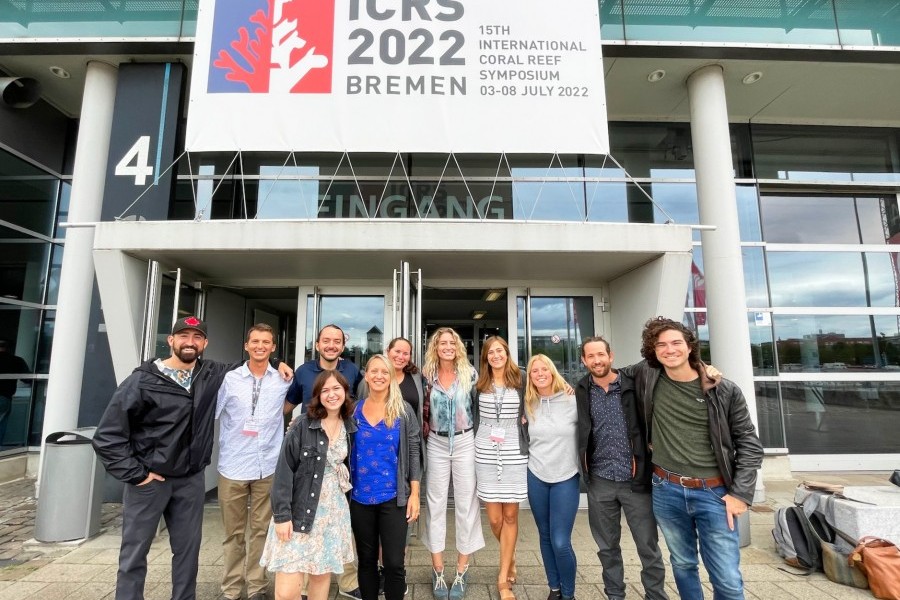Cutting-edge coral reef research took the spotlight this week as six Mote Marine Laboratory scientists and their Mote-affiliated peers presented their latest discoveries during the 15th International Coral Reef Symposium (ICRS) in Bremen, Germany. This ICRS was the first to be held in Europe, a location selected to highlight that coral reef ecosystems affect populations globally, not just in tropical regions.
The ICRS is the primary international conference on coral reef science, conservation and management, bringing together leading scientists, early career researchers, conservationists, ocean experts, policymakers, managers and the public. Participants focus on science-based solutions to address current and future challenges to coral reefs, which are among the most biodiverse ecosystems on Earth and are globally threatened by climate change, coral disease, declining water quality and more.
“I’m incredibly proud of our team at Mote for presenting such a diversity of new findings to the international community for the benefit of coral reefs,” said Mote Associate Vice President for Research Dr. Erinn Muller. “Our team is testing novel coral disease treatments, helping coral reef restoration to be more productive and resilient to environmental change, and revealing the hidden biological and ecological processes that can tip the scales toward coral population decline or recovery.”
Muller co-chaired a session titled, “What is the current knowledge on understanding and effectively responding to coral disease outbreaks?“ She’s a leading scientist in the effort to understand and address the severe outbreak of stony coral tissue loss disease that has devastated Florida’s Coral Reef.
Coral disease outbreaks will likely become more frequent and severe as other coral stressors worsen. Mote scientists and partners are testing new disease treatments, and Muller presented one at ICRS:
Mote scientists, in partnership with the U.S. National Park Service, tested a highly successful treatment for black band disease in the U.S. Virgin Islands. This new treatment—a natural, topical, antimicrobial and antiviral substance from the company Ocean Alchemists LLC—could be critical for fighting this disease that sickens and kills corals around the globe.
Here is a sample of contributions from other Mote scientists and alumni at ICRS:
- Dr. Sara Williams, a Postdoctoral Researcher at Mote, presented: “From immunity to community: a predictive trait space model for coral species exposed to white plague disease”
- Dr. Courtney Klepac, a Postdoctoral Researcher at Mote, presented: “Phenotypic and genotypic responses of restoration Acropora cervicornis under long-term and rapid thermal stress”
- Zachary Craig, a Mote Staff Biologist, presented: “The effect of coral prophylactic treatments on the microbiomes of Orbicella faveolata and Acropora cervicornis”
- Dr. Grace Klinges, a Mote Postdoctoral Research Fellow, presented: “Characterizing the acquisition of Aquarickettsia rohweri, a common bacterial parasite of Caribbean Acropora, from conspecifics and the environment”
- Dakotah Merck, a Mote Staff Biologist, presented: “Increasing ex-situ coral nursery productivity by optimizing seawater temperature.”
- Mote alumna Katie Eaton presented on her work at Mote, entitled “Exposing Orbicella faveolata to projected ocean conditions and disease suggests genetic diversity is critical for resilient reef restoration.” She is now at the National Oceanic and Atmospheric Administration.
- Ray Banister, a Research Experiences for Graduate Students intern at Mote who formerly served as a Mote staff member and undergraduate intern, and is now a Ph.D. candidate at Florida Institute of Technology, attended for career development and to further investigate how to integrate novel applications into Mote’s restoration-related research.


